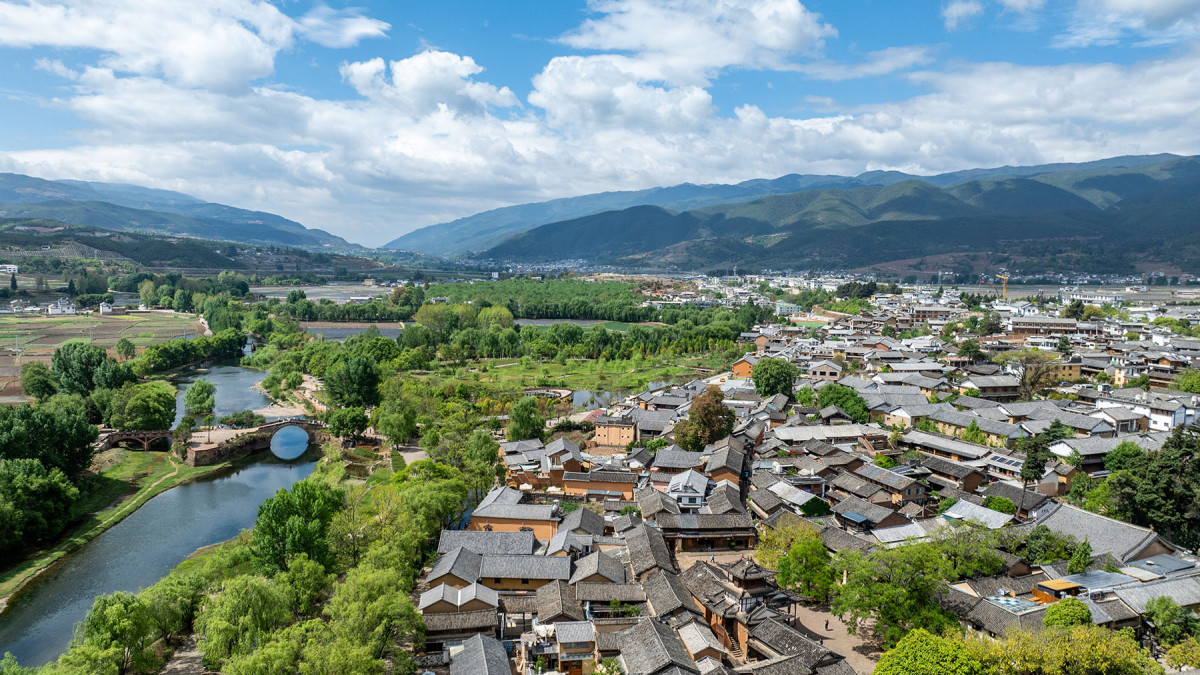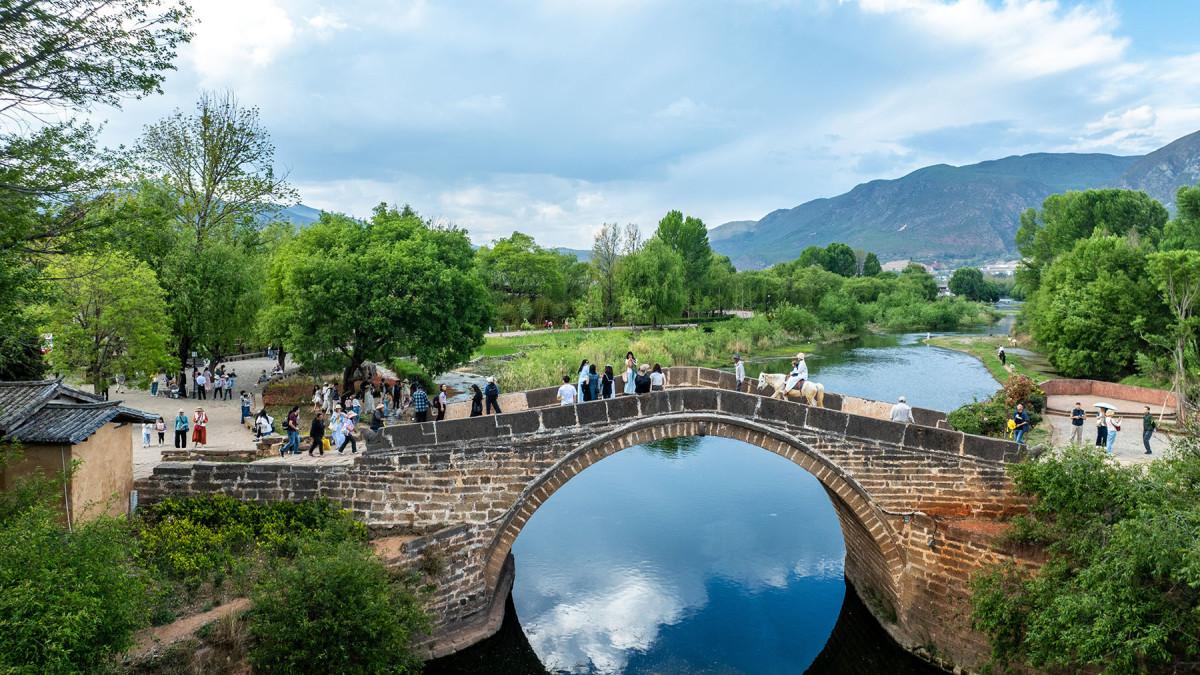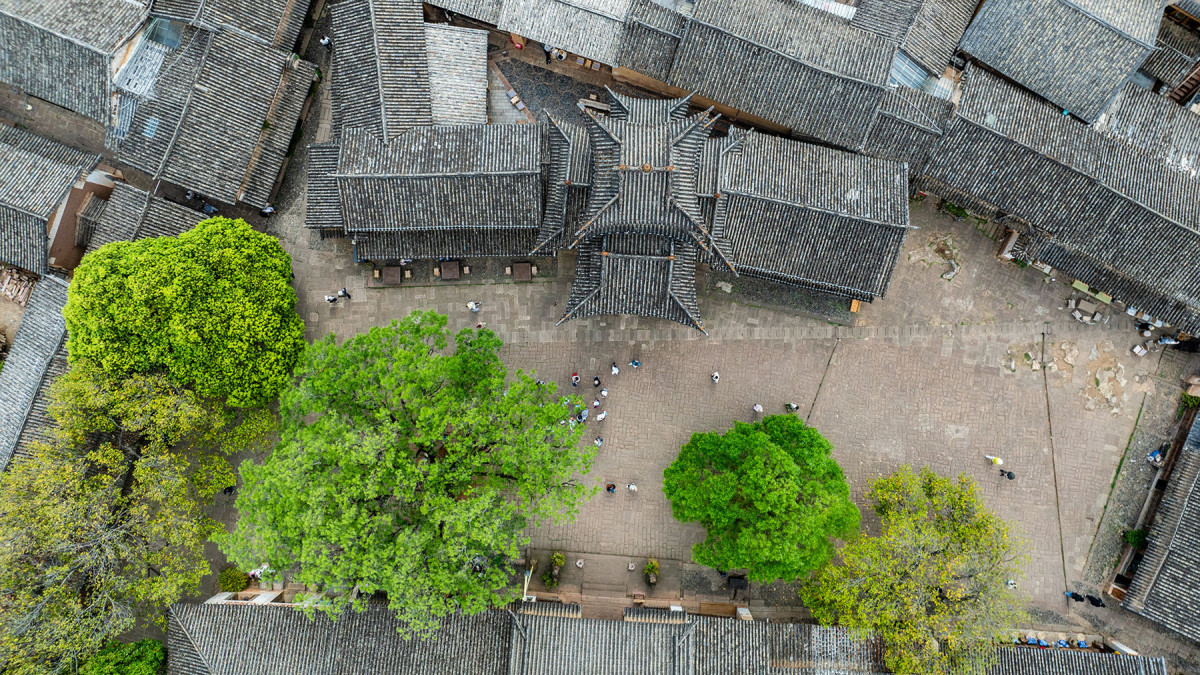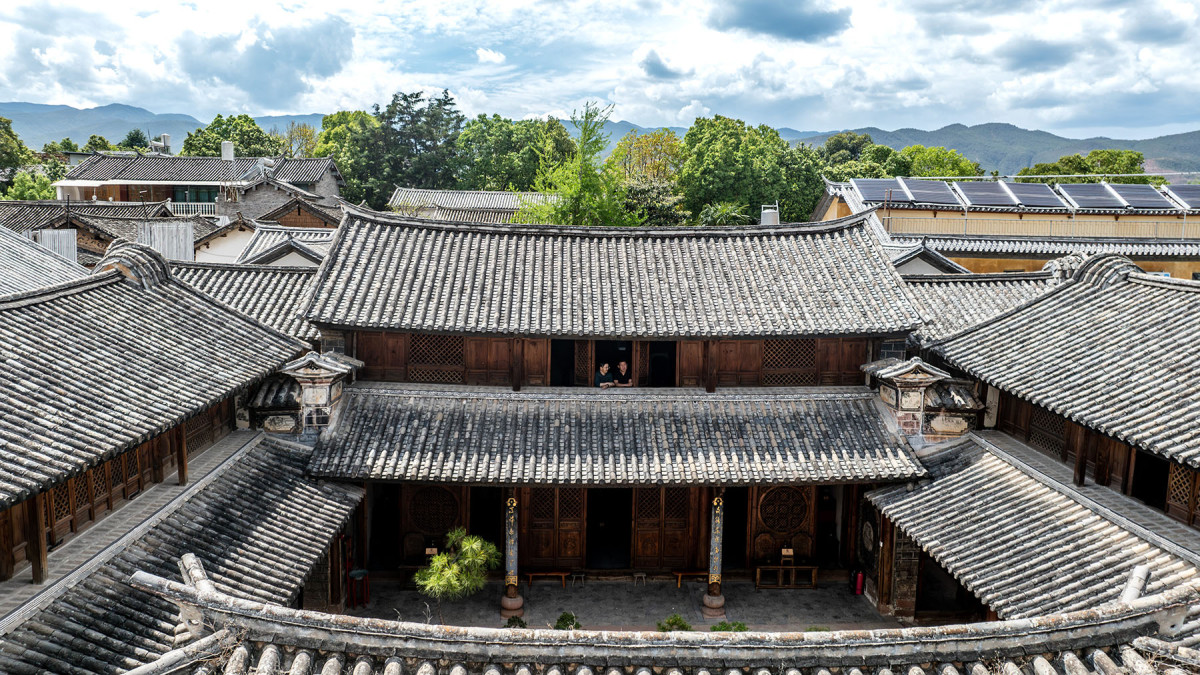Nestled in the mountains of southwest China's Yunnan Province, the ancient town of Shaxi in Jianchuan County is experiencing a remarkable revival, thanks to years of preservation efforts that have transformed it into a thriving tourism hotspot.
Once a bustling trading hub on the ancient Tea Horse Road - a vital commercial route dating back to the Tang Dynasty (618–907) - Shaxi played a key role in the exchange of tea, herbs, silks, and salt. However, by the late 19th century, the town's significance began to fade as modern transportation networks bypassed it, and caravans were gradually replaced by roads and rail.

To preserve the town's rich cultural heritage and restore its fading charm, local authorities launched an ambitious restoration project focused on improving infrastructure, conserving historical architecture, and fostering economic growth through sustainable tourism.
That vision has now taken root. Shaxi’s old buildings have been meticulously restored, its natural landscapes revitalized, and its unique cultural atmosphere preserved. Today, the town is a sought-after destination for travelers looking to explore China's lesser-known historic gems.

In 2024 alone, Shaxi welcomed more than 3 million tourist visits from both domestic and international travelers, generating total tourism revenue of 4.298 billion yuan (approximately 58.98 million U.S. dollars).
Panoramic photos taken in April 2025 show picturesque scenes of Beilong and Sideng villages, with quaint bookshops, cobblestone paths, and traditional Bai-style architecture offering a peaceful retreat into history.

With its blend of natural beauty and cultural depth, Shaxi stands as a shining example of heritage conservation done right.
(Photos by Hu Chao/Xinhua)


.gif)







.jpeg)
.gif)

































